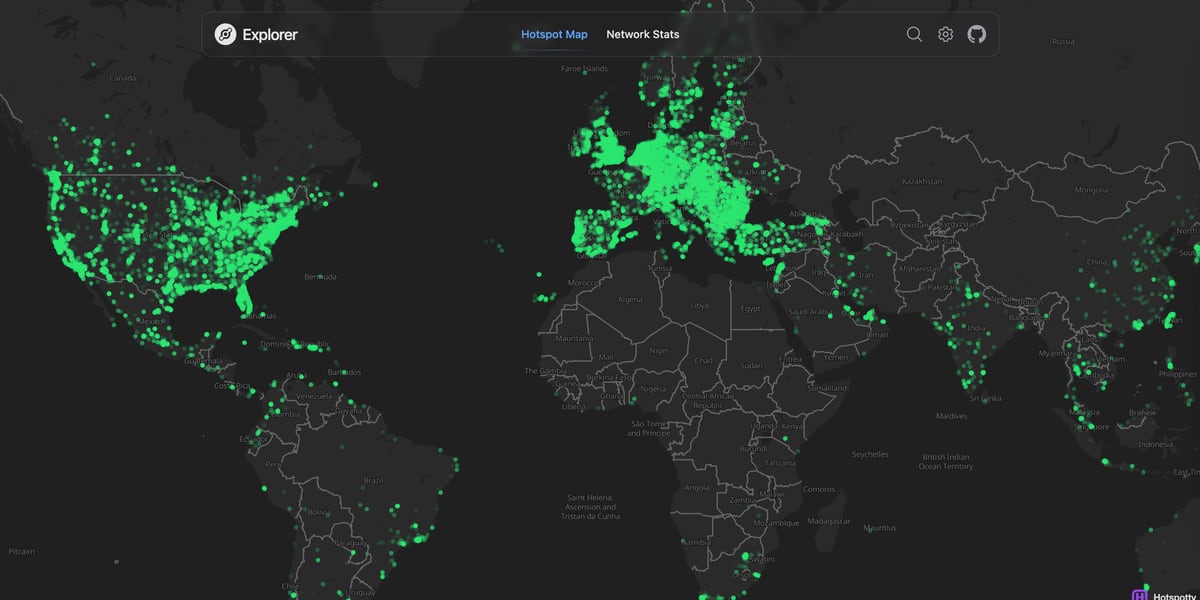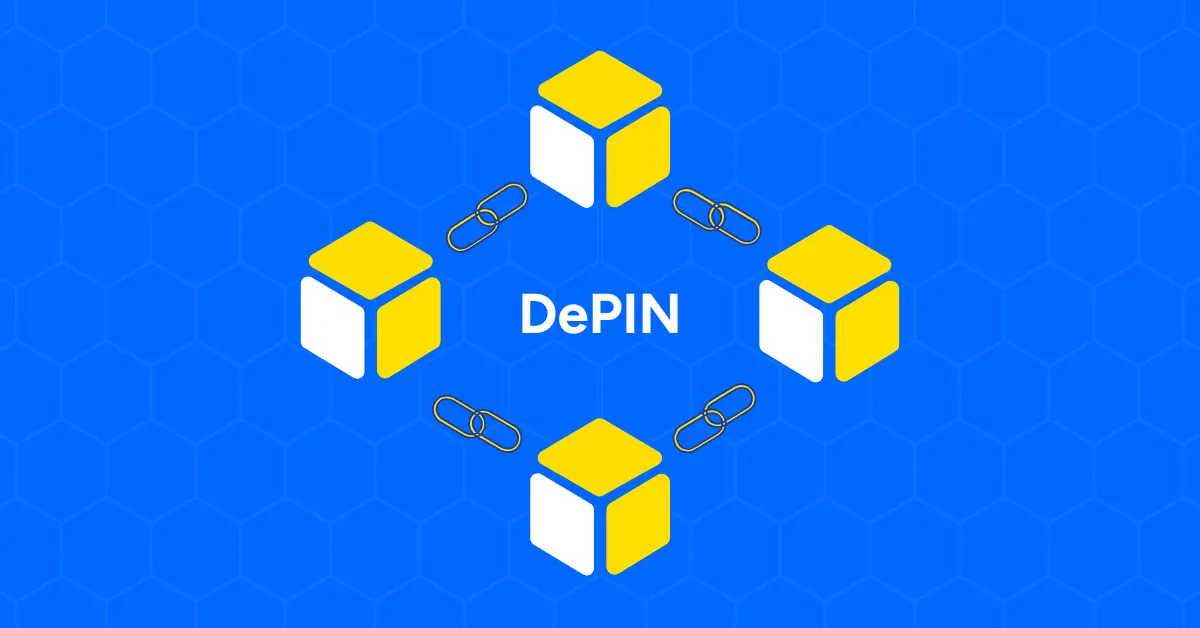DePIN: A Catalyst for Localized Economic Development and Innovation

The rise of Decentralized Physical Infrastructure Networks (DePIN) is generating significant excitement in the tech community, as projects in this space are poised to transform the traditional cloud computing model. By creating a two-sided marketplace, DePIN allows users to own parts of the network through node operations, fostering sustainable economic incentives. This innovative approach not only empowers local economies but also supports new models of economic development, particularly in emerging markets where physical infrastructure is often lacking or unreliable. For instance, Helium’s network is being utilized for livestock tracking in Africa, demonstrating how DePIN can enhance local livelihoods while protecting endangered species.
As DePIN technology continues to evolve, it is becoming clear that node operators can be viewed as micro-businesses rather than mere components of a larger decentralized revolution. This perspective is particularly relevant in emerging markets, where individuals can operate nodes as small businesses, akin to running a local shop. By providing reliable internet services and cloud storage at competitive prices, these node operators can significantly impact their communities, creating opportunities for localized innovation and economic growth. The potential for new business models that emerge from these localized nodes is immense, as they can address specific regional challenges that larger tech companies like AWS may overlook.
Ultimately, DePIN represents more than just a technological advancement; it is a catalyst for global innovation. By reducing latency and improving internet access, DePIN can drive the development of new ideas and services across various sectors, including education, healthcare, and entertainment. As node operators in diverse regions begin to harness the power of DePIN, we may witness a wave of localized innovations that reshape industries and empower individuals. The future of decentralized networks is bright, and the potential for economic development through DePIN is just beginning to be realized.
Related News





